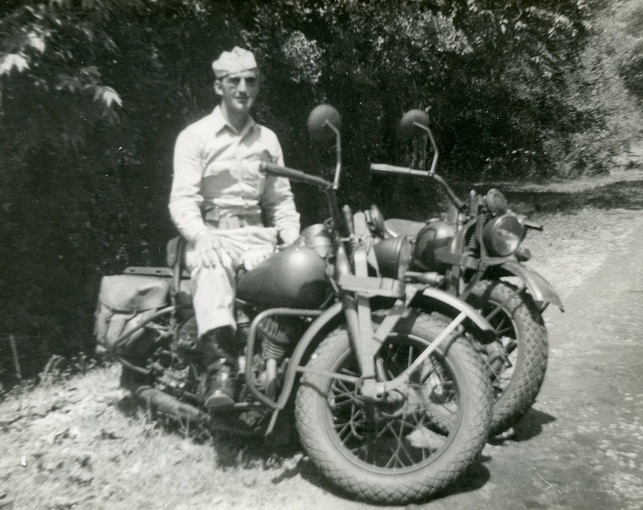As so strongly depicted in “Fighting Basques,” an initiative by the Sancho de Beurko Association, Basque-Americans have always played an important role in the armed services of the United States. They served in all branches of the military and served their country, often the adopted country of their immigrant parents, with honor and distinction. However, few had the secretive career of Julio Eiguren Bermeasolo, the Basque-American spy in Southeast Asia.

- Eiguren, who was born in 1919 in Jordan Valley, Oregon to Basque immigrant parents from Bizkaia, enlisted in the US Army during World War II. In a few short years, he found himself deep in the US’s activities in Southeast Asia, particularly the country then known as Burma (now Myanmar).
- The Office of Strategic Services, or the OSS, was created in June of 1942 as a wartime intelligence agency. Disbanded in 1945, it was the predecessor of the Central Intelligence Agency, the CIA. The OSS’s primary job was to manage espionage activities behind enemy lines, both in Europe and in Asia. In 1944, Eiguren was transferred from the Army to the OSS, specifically to “Detachment 404.”
- The “404” was a “US Experimental Division” that had about 200 agents in Southeast Asia. With their headquarters in what is today Sri Lanka, the “404” was active in Thailand and the surrounding areas. In fact, they had oversight of all activities in the region except for in Burma and China. But, their reach was even longer, conducting operations in Burma and even India. During the war, the “404” mapped the Arakan coast, collected thousands of intelligence reports, reported on Japanese submarine activity, rescued downed Allied pilots, and many other activities.
- The OSS had particularly close ties with the Basque government in exile led by Lehendakari José Antonio Aguirre. However, this didn’t play any factor in Eiguren’s transfer to the OSS. Officially, he was a “messenger” or “dispatcher” with the special ability of “aircraft worker.” Eiguren proved highly talented and, in months, rose from private to sergeant.
- Eiguren left the OSS in 1945 and later left the Army. Details of his activities as part of the OSS are unknown, but one of his superiors noted that “Sergeant Eiguren was one of the most exceptional soldiers in this Detachment.” He died in 1976 of a heart attack.
Primary source: “Objetivo Birmania. Julio Eiguren el espía vasco que no existió,” in El Diario, by Guillermo Tabernilla, Pedro J. Oiarzabal, and Josu M. Aguirregabiria.
Discover more from Buber's Basque Page
Subscribe to get the latest posts sent to your email.

